Fasting is a holy tradition passed down to the Orthodox Church from the Old Testament times, and is one of the means by which we partake of the fruit of the Holy Spirit. In guarding ourselves against gluttony and impure thoughts, words and deeds, we gain God's grace and power to resist spiritual temptations and the passions of the flesh. By abstinence we are able to set ourselves free from dependence on the things of this world and the desire for possessions in order to concentrate on our salvation.
Read More
The holy Orthodox Church sets certain guidelines for members to prepare themselves for the joyous partaking of the divine Body and the precious Blood of our Lord God and Savior Jesus Christ.
Read More
Death separates us only bodily from our loved ones, not spiritually. Because of this and the immutable bonds of faith and love, Orthodox Christians pray fervently for the departed, especially on the third, ninth, and fortieth days after days, and at other appointed times. We pray for the departed on the third day, for the sake of Christ's third-day Resurrection.
Read More
When we venerate the holy icons, the Cross of the Lord, and the Holy Gospel, we do not dare to touch with our lips the sacred faces painted thereon; rather, we kiss the feet of the Crucified Lord or the blessing hand of the Lord or His saints, or their clothing, calling to mind the woman of the Gospel who said to herself, "If I may but touch His garment, I shall be whole." On those icons where the hands or feet are not depicted, such as the Icon of Christ 'Not made By Hands', we kiss the hair, or the towel on which it is shown, but never the face or the lips.
The bread which we receive after the Divine Liturgy, known as Prosphora or 'Dora', is given especially to those who for some reason or other did not or could not prepare for the Holy Communion. This bread is the remainder of the loaves from which the small particles were taken out to be used in the Liturgy for the Holy Lamb and the other commemorative particles, and therefore it has a special blessing, although it is not the Body of Christ.
Read More
The water blessed in church on the Eve of Theophany with the Great Blessing is to be preserved in a clean container in the homes of the faithful, and regarded as a great holy object. This water should be used as a blessing in times of sickness by consuming a small portion of it, three times, again "instead of Communion".
Read More
